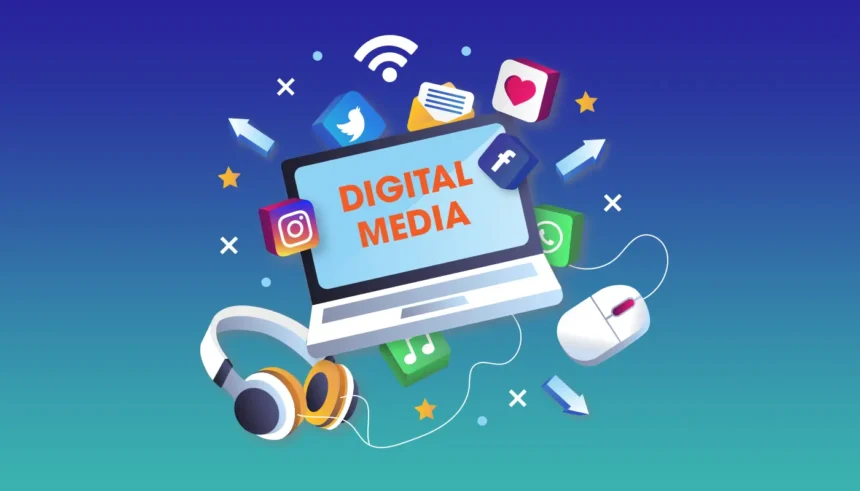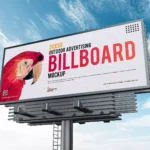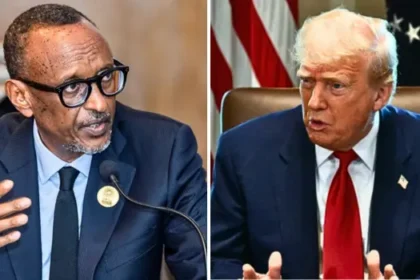In the rapidly evolving digital landscape, media buying has become a cornerstone of marketing strategies. However, despite its significance, the system is fraught with challenges that hinder its effectiveness. From lack of transparency to inadequate localization, digital media buying is, in many ways, broken. This article delves into the core issues plaguing digital media buying, particularly in Nigeria, and explores potential solutions to revitalize the system.
The Cracks in the System
1. Lack of Transparency and Accountability
One of the most pressing issues in digital media buying is the opaque nature of transactions. Advertisers often find it challenging to track where their ads are placed, leading to concerns about brand safety and ad fraud. This lack of transparency erodes trust between advertisers and media buying platforms. Implementing transparent reporting mechanisms and third-party audits can help build trust between advertisers and media buying platforms. Clear visibility into where ads are placed and how budgets are spent is crucial.
2. Ad Fraud and Invalid Traffic
Ad fraud remains a significant concern, with bots and click farms generating fake impressions and clicks. This not only wastes advertising budgets but also skews performance metrics, making it difficult to assess the true effectiveness of campaigns. Utilizing sophisticated fraud detection tools and partnering with reputable platforms can mitigate the risks associated with ad fraud. Regular monitoring and analysis of traffic sources can also help identify and eliminate invalid traffic.
3. Inadequate Localization
In Nigeria, the diverse cultural and linguistic landscape presents unique challenges for digital media buying. Generic, one-size-fits-all campaigns often fail to resonate with local audiences, leading to poor engagement and ROI. As noted in a report by Project Gurus, “Effective communication in a multicultural society like Nigeria requires a deep understanding of local nuances and preferences.” Developing campaigns that are tailored to the local context is essential. This involves understanding cultural nuances, language preferences, and regional behaviours. Collaborating with local influencers and content creators can enhance the relevance and impact of campaigns.
4. Infrastructure and Connectivity Issues
Limited internet penetration and unreliable power supply in Nigeria hinder the reach and effectiveness of digital campaigns. These infrastructural challenges limit the audience that can be effectively targeted through digital media buying. Addressing infrastructural challenges requires concerted efforts from both the public and private sectors. Investments in improving internet connectivity and power supply can expand the reach of digital campaigns
5. Skill Gaps and Lack of Expertise
There is a shortage of skilled professionals in the digital media buying space. This gap leads to suboptimal campaign strategies and execution, further diminishing the potential ROI for advertisers. Providing training and development opportunities for professionals in the digital media buying space is critical. Educational institutions and industry bodies should collaborate to design curricula that equip individuals with the necessary skills and knowledge.
Jide Adelaja, media strategist, at MediaSeal, emphasises the need for skilled professionals in the industry. He states, “The marketing communications industry, especially planning and media buying faces a daunting challenge: a severe lack of professionals who can design effective media strategies to deliver campaigns in effective and profitable fashion. As AI revolutionizes our field, the demand for skilled and experienced media planners has never been more pressing.”
Conclusion
Digital media buying, while a powerful tool, is currently hindered by several systemic issues. By addressing transparency concerns, combating ad fraud, prioritizing localization, improving infrastructure, and bridging the skill gap, stakeholders can revitalize the digital media buying landscape. These steps are essential to unlocking the full potential of digital advertising in Nigeria and beyond.







